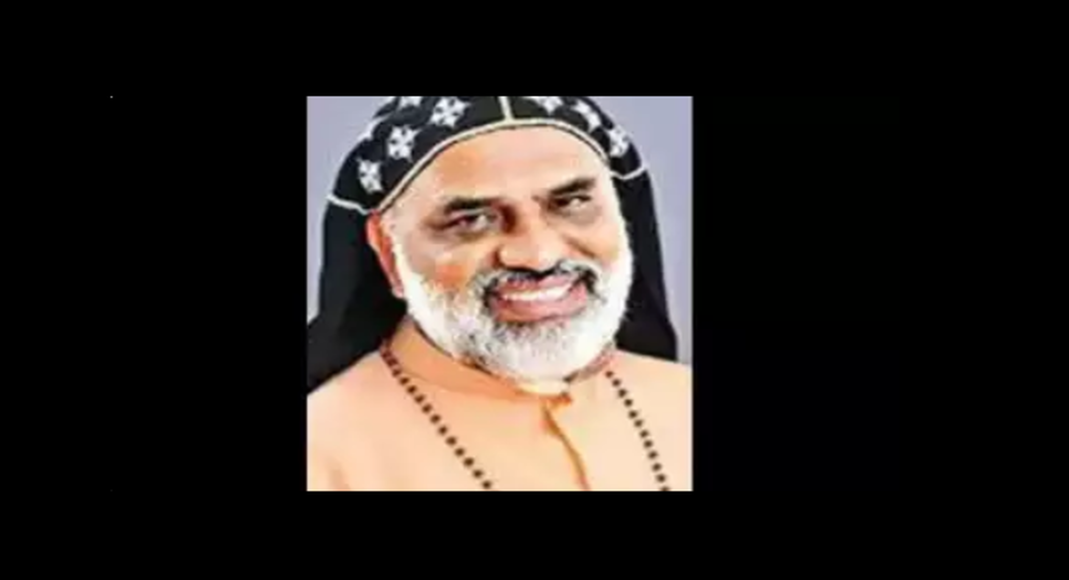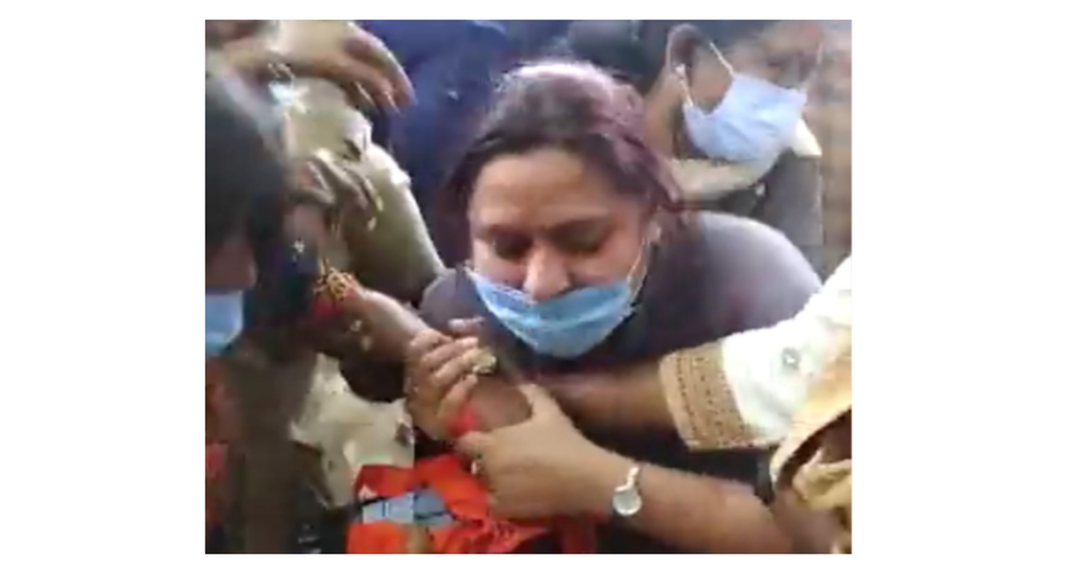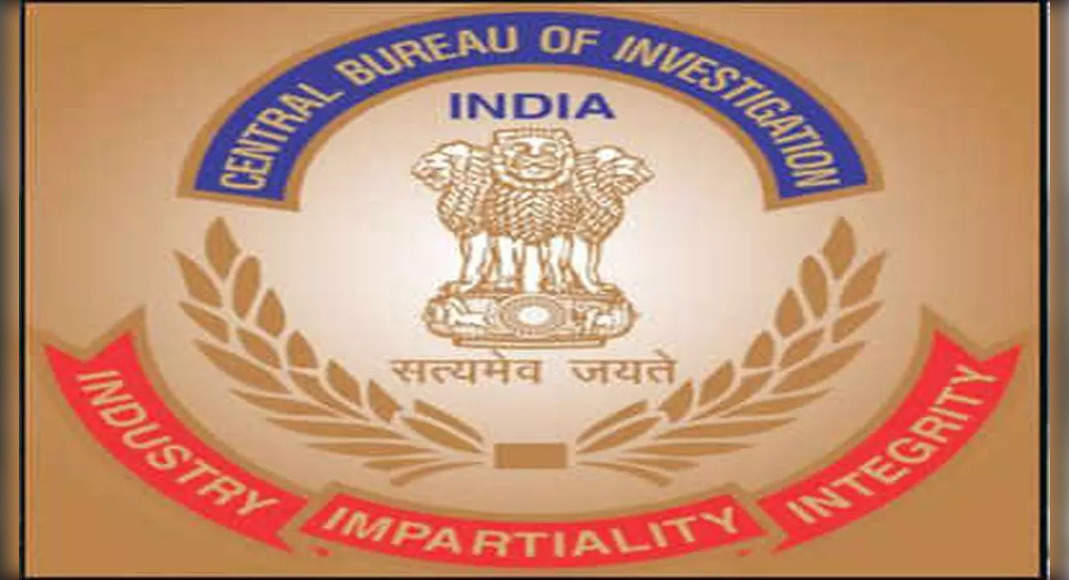CHENNAI: Going against the common man’s perception that state agencies are often not tech-savvy and stick to pen-and-paper mode for governance, mobile applications and digital systems served the backbone of Greater Chennai Corporation’s response to the first and second waves of Covid-19 in the city.
Technology helped in better co-ordinate between officials on the frontline and experts, and also streamline efforts better, say civic officials.
Now in preparation for the impending third wave, beside increasing infrastructure such as oxygen beds, GCC is chalking out a digital strategy to ensure seamless monitoring of home isolation patients, zero chaos for citizens in vaccination and better access to Covid-19 support.
For example, the city innovation hub under the Chennai smart city project has come up with an improved home quarantine monitoring system that will relay real-time data on patients under home isolation to GCC doctors.
With the help of geo-tagging, it would be able to pin-point if a particular FOCUS volunteer actually visited all patients he/she is responsible for, eliminating room for slacking.
“Instead of recording the patient’s vitals such as oxygen saturation and temperature in a physical register, they will be keyed in through an app by the volunteer.
This will help GCC medical teams decide on the next step of treatment faster,” said Azhagu Pandian Raja M P, the city innovation officer who has shepherded such digital systems for GCC.
While a website to book vaccination slots in the city is already active, an app for booking slots in crematoriums is also in the pipeline, Azhagu Pandian said.
Such digital systems have made life very easy for the entire GCC machinery and allied experts as they all could access the same set of data simultaneously, helping them strategise better and quicker, say GCC sources.
Dr P Ganeshkumar, a medical epidemiologist of ICMR supporting GCC, said there were two major implications of such a techdriven approach.
Firstly, all decisions were driven by reliable field data.
“Data from the field help us identify and understand the hotspots and most common sources of infection.
Using that, we can contain spread in the areas by conducting focused fever camps the very next day,” he said.
This is particularly crucial during the peak of an infection wave as any time wasted could mean more cases and burden the health infrastructure.
Secondly, technology has helped improve communication systems.
“For instance, using the GCC Vidmed app, anybody can video call a GCC doctor free of cost for medical consultation.
Social media helps relay reliable information to citizens very quickly,” Ganeshkumar explained.







